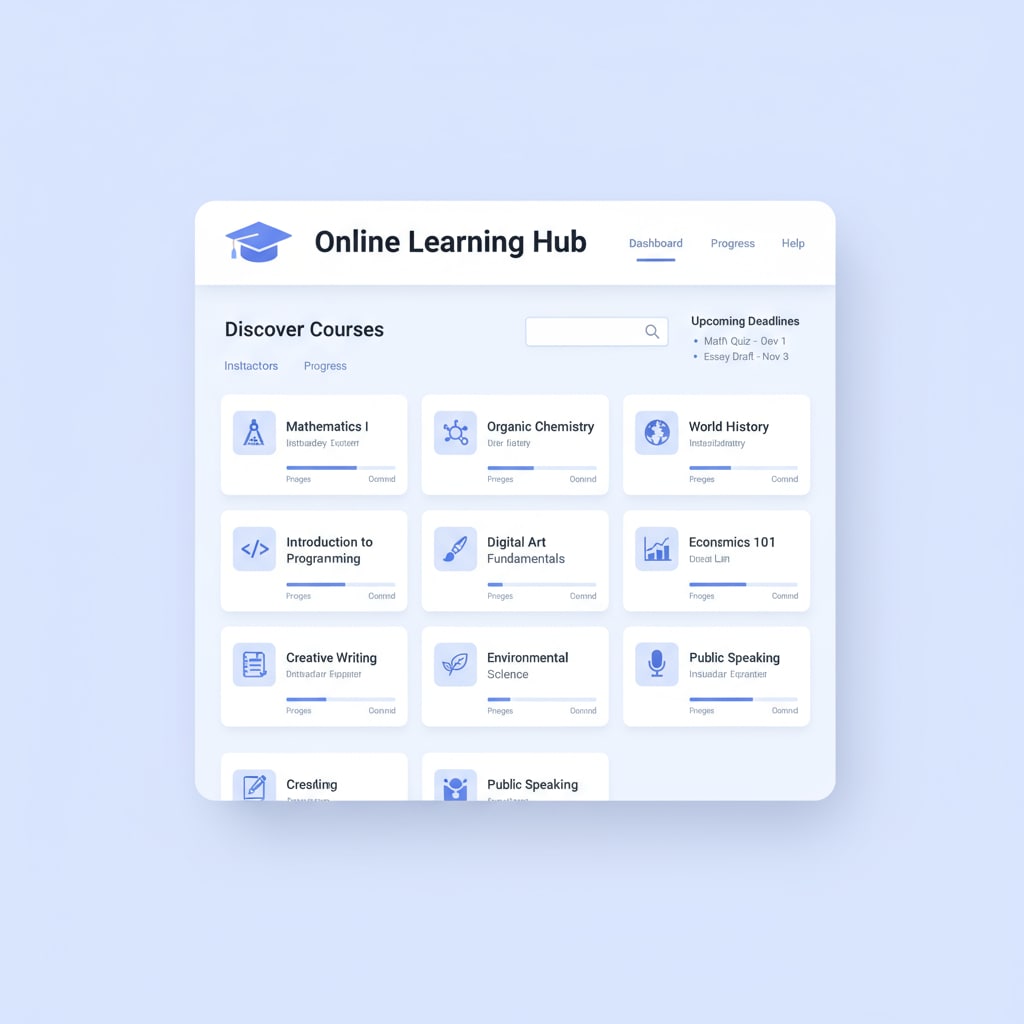Homeschooling has become an increasingly popular choice for parents who want to take an active role in their children’s education. In this pursuit, finding suitable academic resources and integrating them into a daily schedule is crucial. Let’s explore five outstanding academic resources and how to make the most of them in the homeschooling setting.

Online Learning Platforms
Online learning platforms offer a wealth of courses for various age groups and subjects. Websites like Coursera (https://www.coursera.org/) and Khan Academy (https://www.khanacademy.org/) provide high-quality educational content. Coursera partners with top universities around the world to offer courses ranging from art history to advanced mathematics. Khan Academy, on the other hand, is great for foundational learning, with its easy-to-understand video lessons covering everything from basic arithmetic to complex physics concepts. In addition, these platforms often have features that allow parents to track their children’s progress, making it easier to incorporate into a homeschooling schedule.

Educational Apps
Educational apps can be a great addition to a homeschooling curriculum. For language learning, apps like Duolingo are highly recommended. Duolingo offers gamified lessons that make learning a new language fun and engaging. For younger children, apps such as ABCmouse focus on basic skills like reading, writing, and counting. These apps are designed to be used in short bursts, fitting easily into a daily schedule. Therefore, parents can use them as supplements to other learning resources, enhancing the overall educational experience.
Library Resources
Local libraries are treasure troves of academic resources. They offer a wide range of books, magazines, and even digital resources. Many libraries now provide access to online databases with educational materials. For example, you can find e-books, audiobooks, and research papers. Parents can schedule regular library visits as part of their homeschooling routine. This not only exposes children to a variety of reading materials but also instills a love for learning and the habit of exploring new knowledge.
Documentary Channels
Documentary channels can be an excellent source of educational content. Platforms like National Geographic (https://www.nationalgeographic.com/) and BBC Documentaries offer in-depth documentaries on nature, history, science, and more. Watching documentaries together as a family can be a fun and educational activity. Parents can plan specific times in the schedule for documentary viewing, followed by discussions to reinforce learning. This way, children can gain a broader perspective on the world and learn in an engaging way.
Educational Workbooks
Educational workbooks are a traditional yet effective resource for homeschooling. They provide structured exercises and activities for different subjects. Workbooks can be used to reinforce concepts learned through other resources. For example, if a child has studied a particular math topic online, a corresponding workbook can help solidify their understanding through practice problems. Parents can set aside dedicated time in the daily schedule for workbook activities to ensure consistent learning.
Readability guidance: By incorporating these various academic resources into the homeschooling schedule, parents can create a rich and dynamic learning environment. Remember to use these resources in moderation and adapt the schedule according to your child’s needs. This way, homeschooling can be a fulfilling and effective educational experience.


